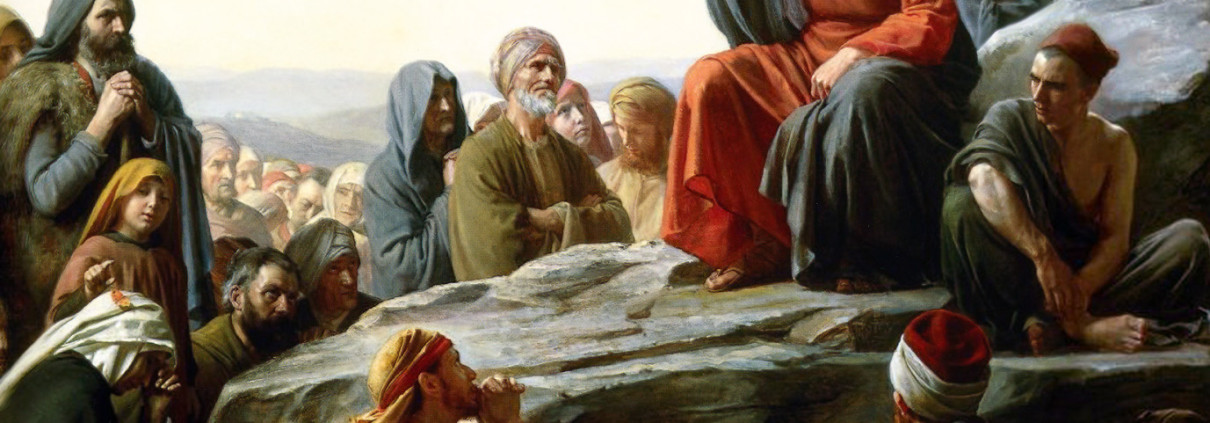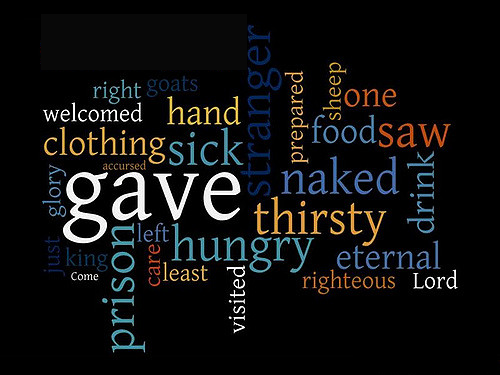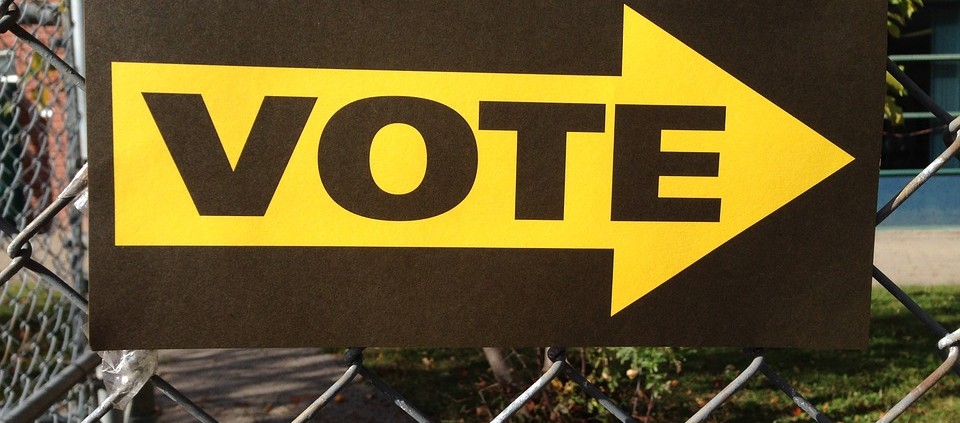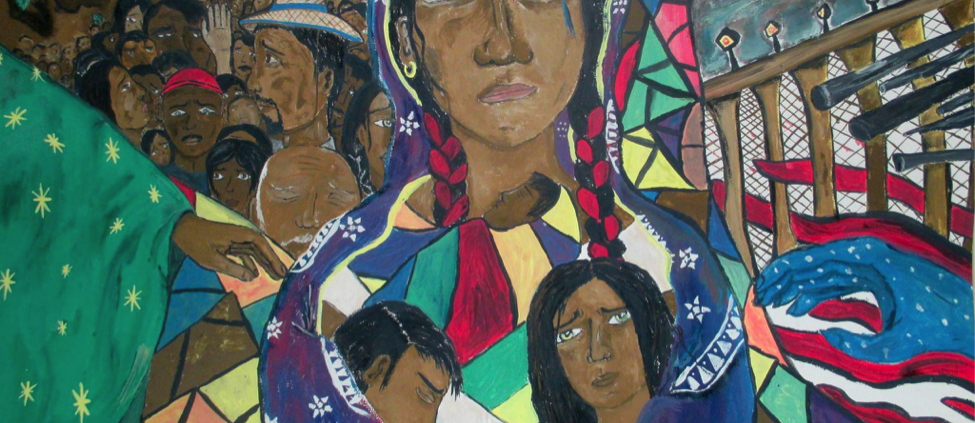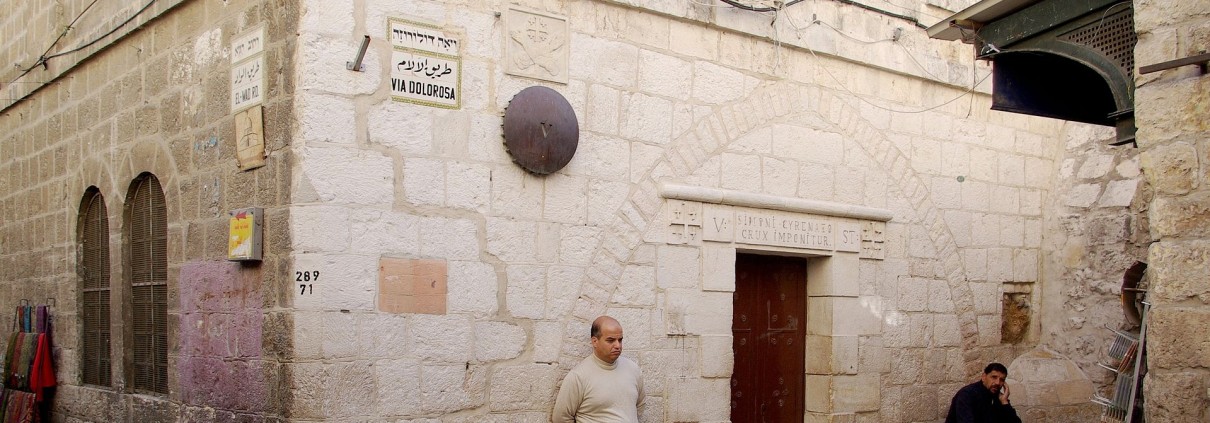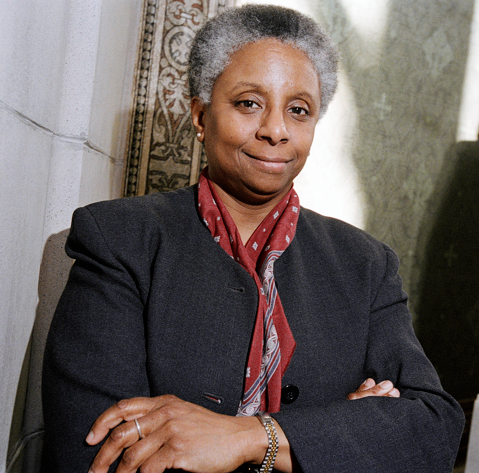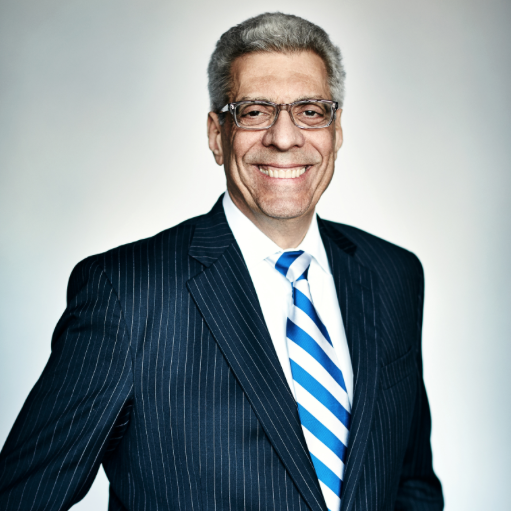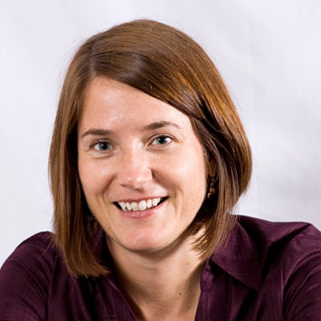The Lord’s Prayer, or the “Our Father,” invites us to live with our neighbor in tender, loving intimacy of Jesus’ relationship with the One Who Is. The Lord’s Prayer, or the “Our Father,” invites us to live with our neighbor in tender, loving intimacy of Jesus’ relationship with the One Who Is.
The Catechism of the Catholic Church states that if we are to begin praying this prayer truthfully, we must “overcome our divisions and oppositions.” Furthermore, before we even pray, “we must cleanse our hearts of false images drawn from ‘this world’ (#2779).”


